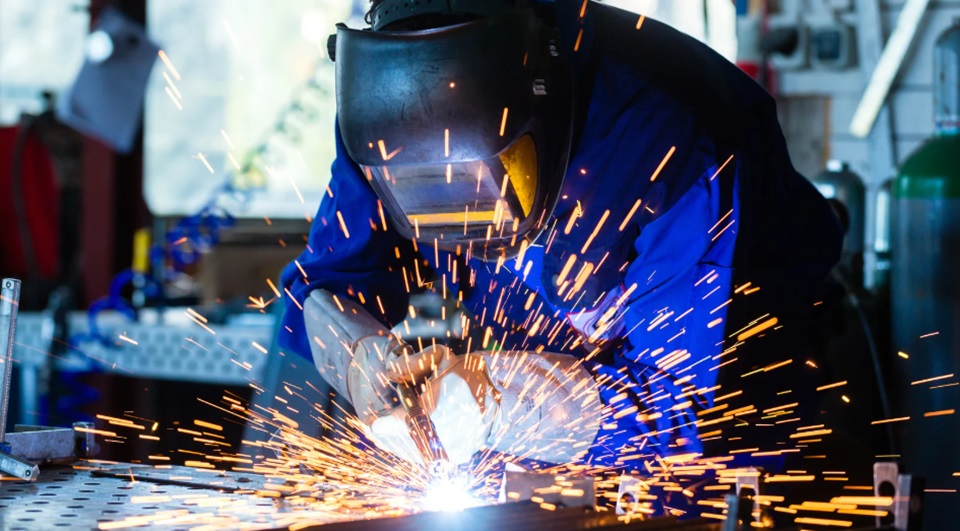Welding is essential in industries across the board, but the fumes generated during the process are more than just an occupational hazard. Proper welding fume removal is critical in safeguarding worker health and the environment. Treating these fumes responsibly can reduce harmful emissions while fostering cleaner and greener workspaces.
Why Addressing Welding Fumes Matters
Every welding process produces fumes filled with tiny particles of metals and oxides. When released into the atmosphere, these particles harm human health and contribute to environmental pollution. Efficient fume extraction systems are designed to capture these toxic contaminants at the source, keeping them from being released into the air we breathe.
Environmental Impact of Welding Fumes
Air Quality Improvement
Welding fumes contain hazardous particles that degrade air quality, including manganese, chromium, and other substances. Without proper extraction methods, these particles can linger in the air, posing risks to both indoor and outdoor environments. By efficiently capturing and filtering these fumes, industries can play a vital role in improving air quality, thus minimizing their environmental footprint.
Preventing Contamination
Toxic welding by-products can settle onto nearby soil or water sources, leading to ecosystem contamination. For instance, heavy metals that leach into the ground could disrupt natural habitats and harm wildlife. Proper fume extraction systems prevent this fallout, providing an effective barrier between industrial processes and the environment. To better understand the differences between solutions like bag filters and portable fume extractors, you can explore this comprehensive discussion here.
Energy Efficiency and Resource Conservation
High-quality welding fume extractors can capture harmful particles and are designed to use energy efficiently. By implementing systems that require minimal electricity, industries can reduce their energy consumption, leading to a reduction in their carbon emissions. Over time, this can lead to substantial resource conservation and help promote sustainable manufacturing practices.
Promoting Sustainable Work Practices
Recycling Captured Material
Some advanced welding fume removal systems allow industries to recycle the materials captured from the fumes. By collecting and repurposing metal particles, businesses can minimize industrial waste, contributing to both cost savings and environmental stewardship.
Minimizing Workplace Waste
With portable and stationary extractors, manufacturers can create a much cleaner workspace. This not only enhances operational efficiency but also reduces the amount of waste treated off-site, saving costs and minimizing transportation-related emissions.
Exploring Advanced Solutions
Understanding how advanced technologies work is critical. An article on how welding fume extractors target harmful particles provides insights into the science behind air purification. Such resources underline the importance of investing in systems that protect not only employees but the world they live in.
A Cleaner Path Forward
The impact of industrial activities on the environment is undeniable. However, by prioritizing proper welding fume removal, industries are taking a meaningful step toward sustainability. Beyond meeting compliance standards, these efforts help ensure a legacy of cleaner air, healthier ecosystems, and reduced waste generation.
Conclusion
By selecting efficient fume extraction systems and maintaining them diligently, companies can strike a balance between productivity and environmental responsibility. After all, a sustainable future begins with each small step we take today to mitigate harmful impacts.


